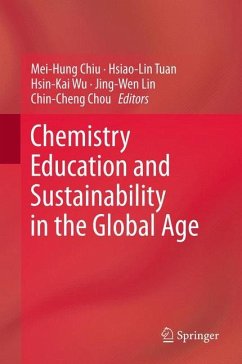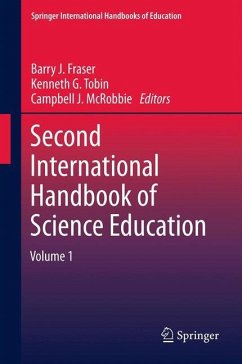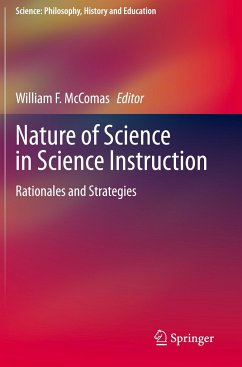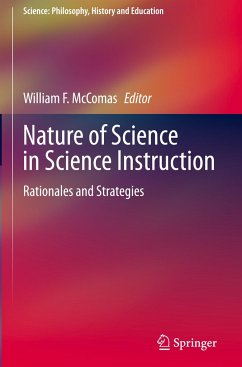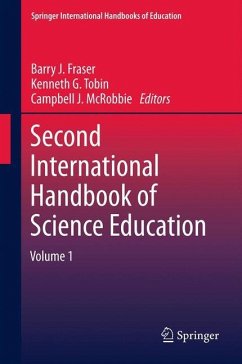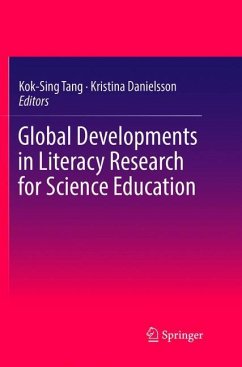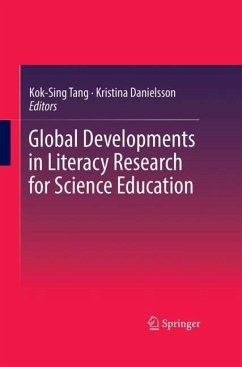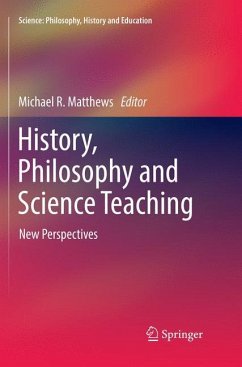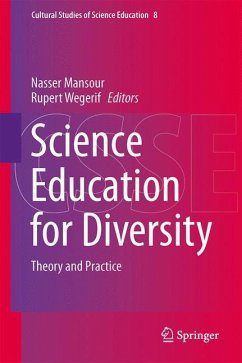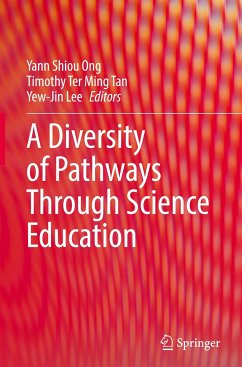Professor Gunstone is now Emeritus Professor. Previously he was Professor of Science and Technology Education, and Director (and founder) of the Monash-King's College (London) International Centre for the Study of Science and Mathematics Curriculum. He is a Fellow of the Academy of the Social Sciences in Australia and a Life Member of the Science Teachers' Association of Victoria. He has extensive research, development and consultancy experience in learning, teaching, curriculum, assessment, and teacher development, in school and undergraduate science, physics, engineering (and to a lesser extent medicine) contexts. Professor Gunstone has published widely in these areas, including fourteen books (two translated into Japanese and one into Chinese, one in Portuguese; currently 2 more books in preparation), 45 book chapters and over 140 refereed research papers. He is frequently invited to address international research conferences; in the last decade: Japanese Society for Science Education (Chiba), New Zealand Science Education Forum (Christchurch), Science and Mathematics Teachers Seminar Singapore Youth Science Festival, International Workshop on New Developments in the Teaching of Physics (Puebla, Mexico), International Conference on Secondary Science Curricula (Bahrain), International Conference on Physics Education in Cultural Contexts (Cheongwon, Korea), Conference of the Groupe International de Recherche sur l'Enseignement de la Physique (Physics Teacher Education Beyond 2000; Barcelona), International Cooperative Study on Children's Views of Science (Hiroshima, Japan), Annual Convention of the Japan Curriculum Research and Development Association (Hiroshima), OECD conference on Challenge and Change in Science, Mathematics and Technology Education (Canberra), International Conference on Science Education - Moving Towards Worldwide Science Education Standards (Seoul, Korea). He has given research and policy advice to, and undertaken evaluations for, universities in many countries, national and international research bodies, national and international education systems and other stake holders. More recent examples include: · 2010 Visiting Professor Autonomous University of Barcelona · 2009-11 External Assessor Universiti Sains Malaysia · 2006-8 External Examiner Dept of Mathematics and Science Education, University of Brunei Darussalam · 2006 Participant in invited National Science Foundation/National Research Council (USA) project to develop a science education research agenda for the next decade (only participant from outside North America) · 2004-5 Development of science standards for new Victorian science curriculum P-10 · 2002: Bahrain Department of Education on science curriculum,teaching and assessment · 1997-1999: NSW Board of Studies for development of new curricula for science (yrs 7-10) and physics (yrs 11-12) · 1996-8: Australian Academy of Science for policy and action on secondary science curricula · 1997: Evaluation of school science education programs in Mozambique, for Swedish International Development Cooperation, Dept for Democracy and Social Development, Sweden · 1996: Development work and guidance for a number of science and mathematics curriculum development projects funded by the Netherlands Government in Southern Africa · 1996-7: Member Working Party for Australian Science, Technology and Engineering Council study on primary school science and technology, to develop advice for Federal Minister of Education He has extensive experience inevaluation of researchers, and research project and development project applications, and consequent funding allocations: Australian Research Council & National Health and Medical Research Council (Australia) European Commission (each of FP5, FP6, FP7) National Science Foundation (USA) National Research Foundation (South Africa) Israel Science Foundation Social Sciences and Humanities Research Council of Canada National Research Council Canada Wellcome Trust (UK).





